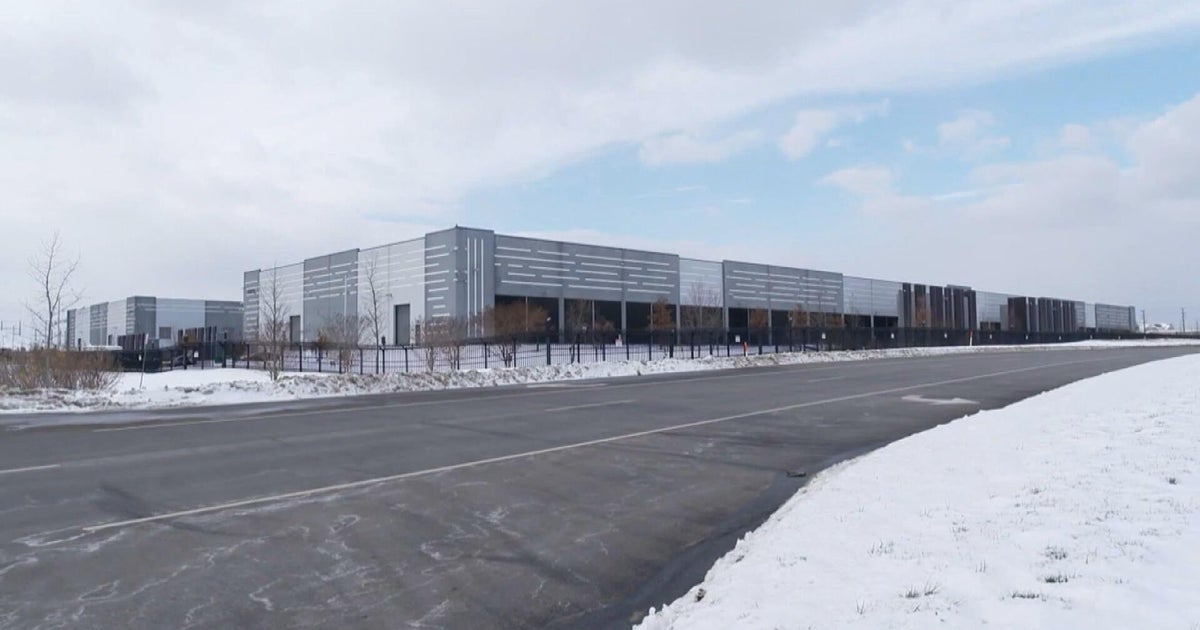Microsoft president says tech companies are "first line of defense" in cybersecurity
Cybersecurity is "job one" for businesses, consumers and governments around the world today, and technology companies are "the first line of defense," according to Microsoft president Brad Smith. "The security engineers who work at our company – we have 3,500 of them – are the first responders when things go wrong. It has fundamentally changed the role we need to play and really elevated the responsibility we need to fulfill," Smith said Monday on "CBS This Morning."
Asked about the threat China poses to the U.S. in terms of cybersecurity, Smith pointed to the broader picture.
"There are plenty of governments that are worried about each other these days. I don't think that this is a problem that one can use to point at a single government. I think it's one that we need to think about from a global perspective. We need stronger technology, we need people to implement the technology we provide, and we also need stronger international laws in this space as well," Smith said.
He noted Microsoft announced last month that it had uncovered new Russian hacking attempts targeting U.S. political groups ahead of the 2018 midterm elections, claims Moscow denied.
Smith also shared more about Microsoft's AI for Humanitarian Action initiative, which is a $40 million program that the tech giant said would save lives. It aims to speed up new artificial intelligence solutions in four areas: disaster response, needs of children, protection for refugees and displaced people, and human rights. Microsoft says AI technology will help anticipate, predict and better target response efforts in these areas.
"You take something like sudden infant death syndrome – thousands of children die every year but we don't fully understand the cause. Using more data and machine learning, we should be able to make faster progress by working with nonprofits," Smith said. "Take something like a famine – being able to better predict where famines are going to break out, using machine learning, better data, we can move food to people so that we can avoid the kinds of deaths we read about all too often. Those are just two of many examples where nonprofits have great expertise and data science can make them more effective."
He acknowledged the shortcomings in the field of AI technology, however. Wired and Element AI reported only 12 percent of leading AI researchers across the world are women, and 88 percent are men.
"I think it's a huge issue. Because we need to ensure that artificial intelligence works for everybody," Smith said, adding, "We need people who create artificial intelligence for the world to reflect the diversity of the world. If they don't, they're probably going to miss some problems that we actually need to catch."
Smith said he wouldn't want to see AI technology deployed "before it's ready."
"We don't want to see it deployed in ways that might, for example, discourage people from going to a public space, expressing their views. It's important that there be rules of the road. Only if there are common rules for those of us in the United States and around the world are we really going to ensure that this technology is used in a way that I think the public is going to feel comfortable," Smith said.



